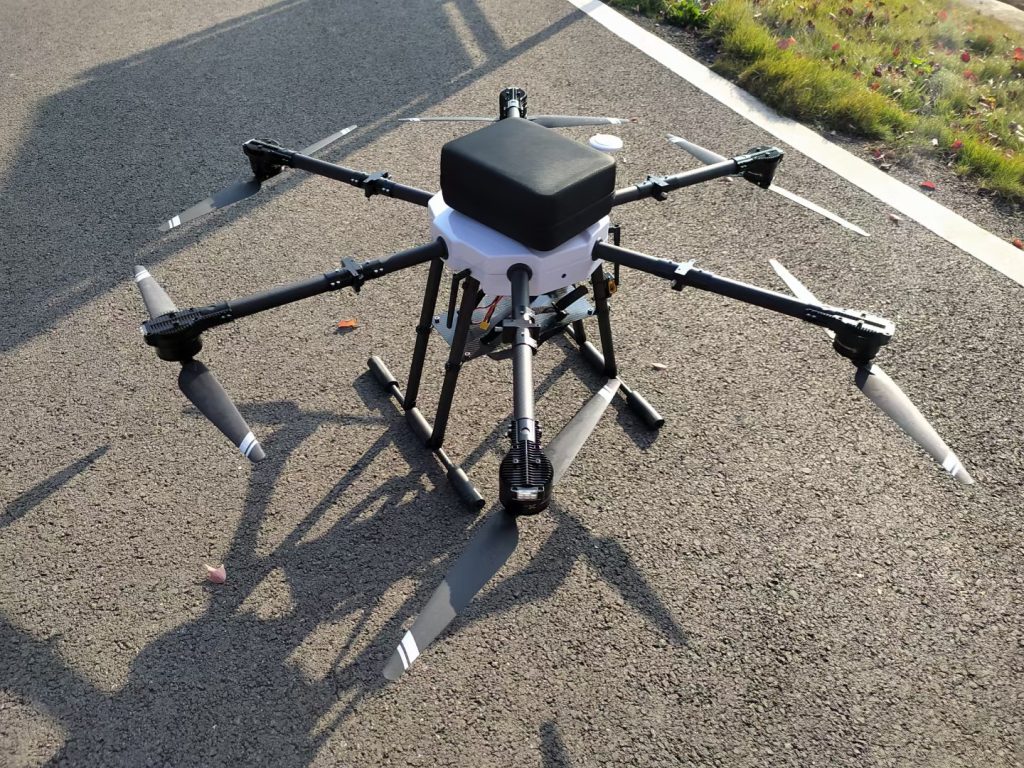
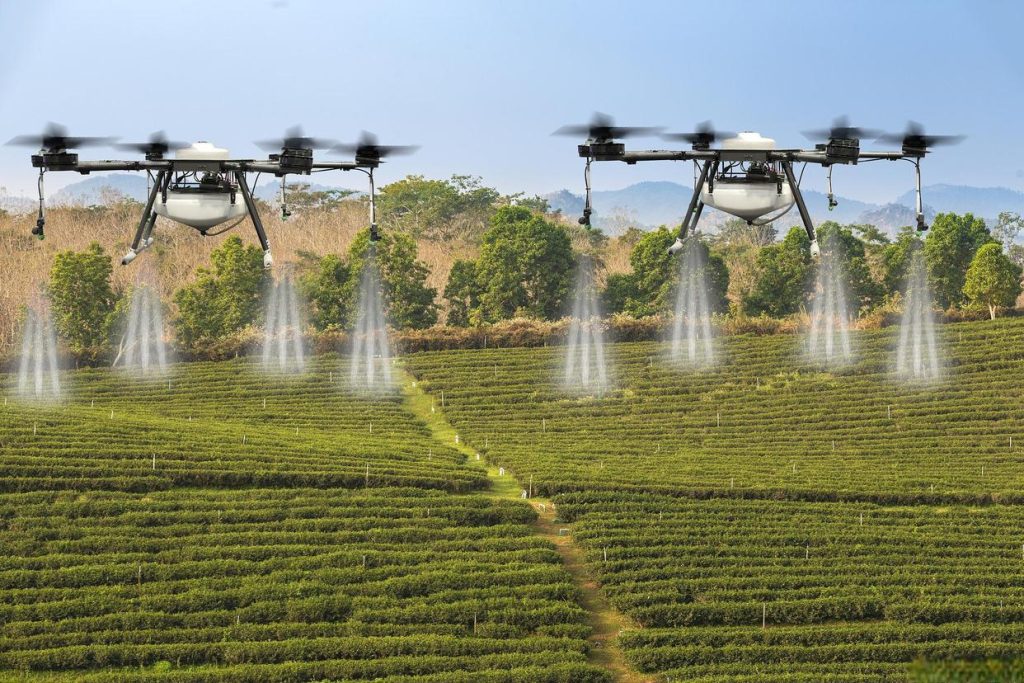

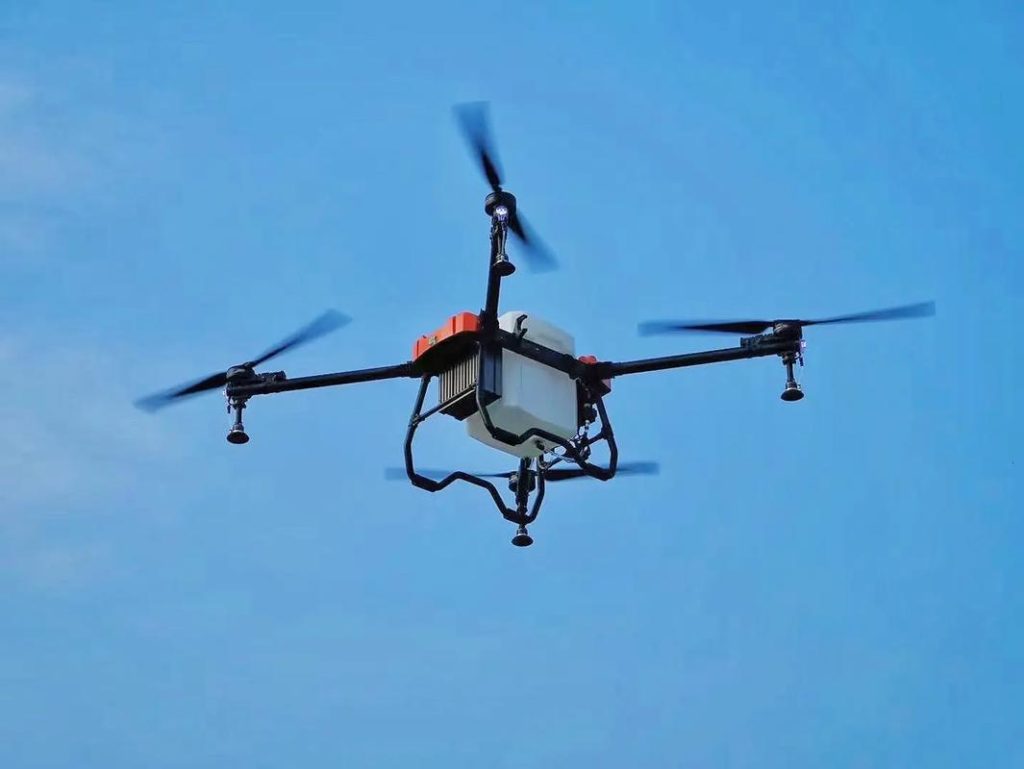
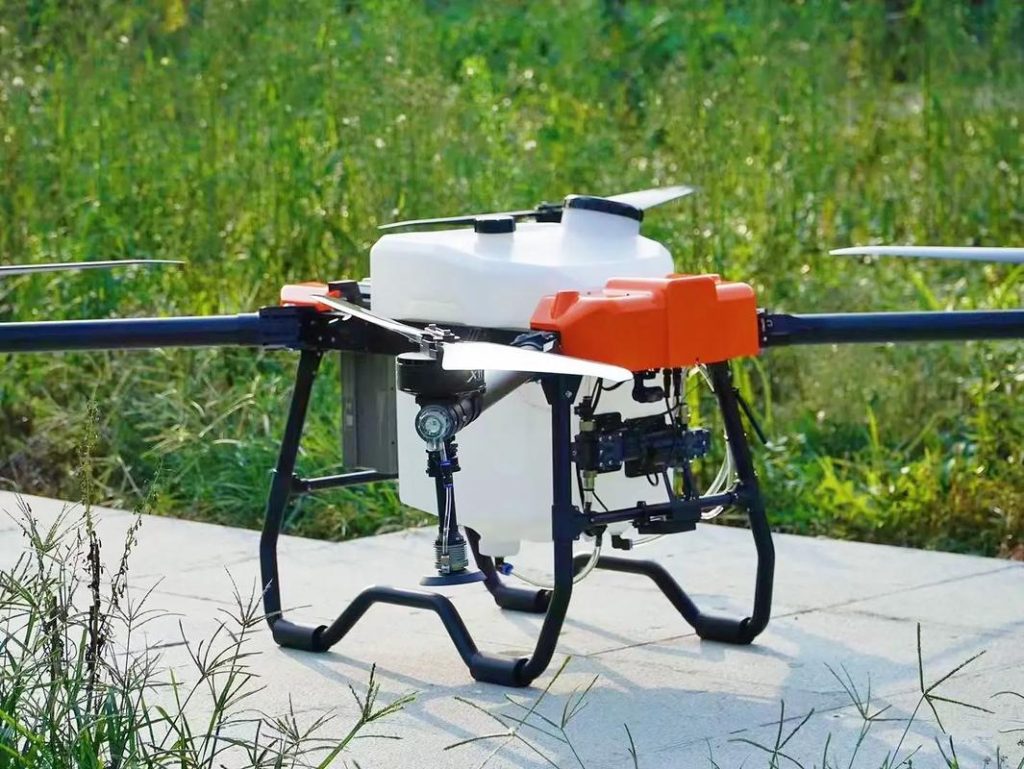
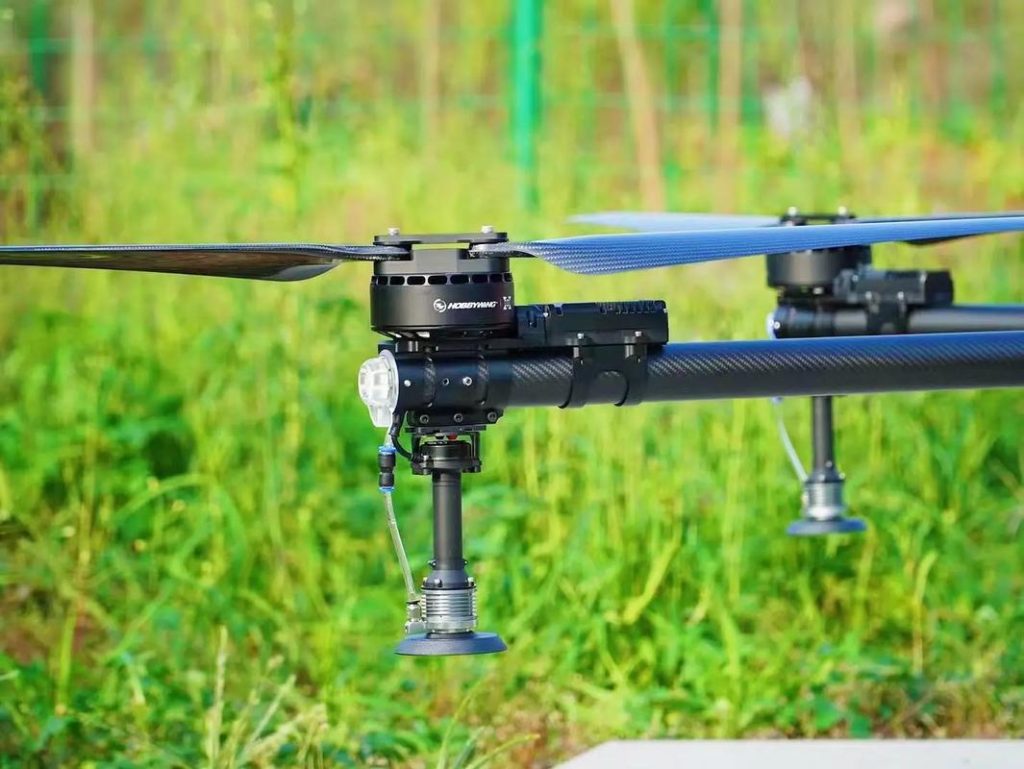
Agriculture is evolving rapidly as technology reshapes traditional farming methods. Among the most impactful innovations is the use of agricultural drones, which are revolutionizing crop management by providing farmers with precision, efficiency, and sustainability.
What Are Agricultural Drones?
Agricultural drones are specialized unmanned aerial vehicles designed to perform various farming tasks such as:
- Spraying pesticides and fertilizers
- Monitoring crop health through aerial imaging
- Mapping fields for better planning
- Spreading seeds and granular fertilizers
Equipped with advanced sensors, GPS, and flight automation, these drones help farmers monitor and manage their crops more effectively than ever before.
Why Agricultural Drones Matter for Farmers
Traditional farming often involves heavy manual labor, high chemical use, and difficulty managing large or complex terrains. Agricultural drones address these challenges by:
- Reducing labor demands: One operator can cover vast fields quickly.
- Increasing precision: Chemicals are applied only where needed, reducing waste.
- Improving crop health: Early detection of pests and diseases minimizes losses.
- Accessing hard-to-reach areas: Steep or muddy fields become manageable.
Key Benefits
- Efficiency – Complete spraying or mapping tasks faster than manual or tractor-based methods.
- Cost Savings – Use less fertilizer and pesticide, lowering input costs.
- Environmental Protection – Minimize chemical runoff and soil compaction.
- Data-Driven Decisions – Collect valuable field data for better crop management.
Applications Across Different Crops
Agricultural drones serve diverse needs across crop types such as:
- Rice paddies — targeted pesticide application
- Orchards — disease monitoring and spraying
- Vegetable farms — fertilization and seeding
- Large-scale grain fields — precise nutrient spreading
Features to Look For
When selecting an agricultural drone, farmers should consider:
- Spray capacity and flight duration
- High-accuracy GPS and obstacle avoidance
- Weather resistance suitable for local climate
- Ease of use and maintenance
- Support and training availability
The Future of Farming Is Here
With governments and agricultural organizations worldwide promoting smart farming, agricultural drones are becoming essential tools for sustainable and profitable farming. As technology continues to advance, drones will play a vital role in feeding the world efficiently and responsibly.
Conclusion
Agricultural drones empower farmers to work smarter, not harder. By embracing this technology, farms can increase yields, reduce costs, and protect the environment—ensuring a thriving future for agriculture.


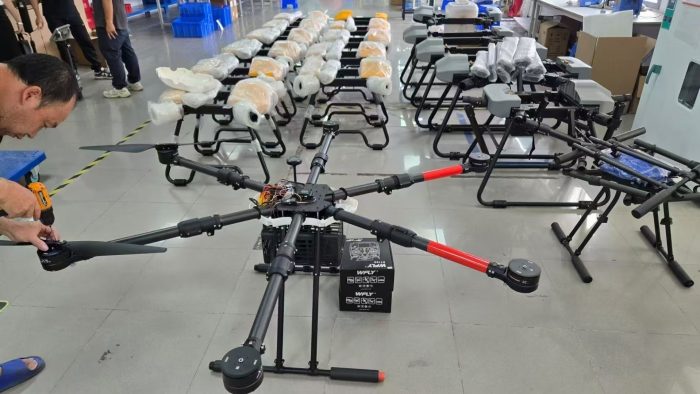

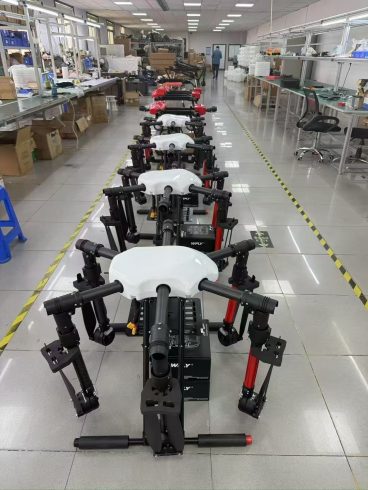
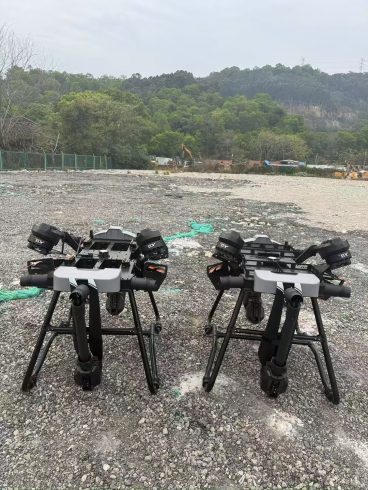
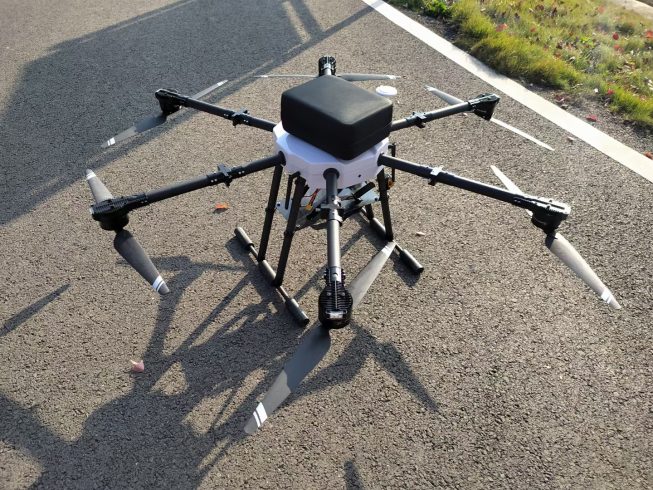
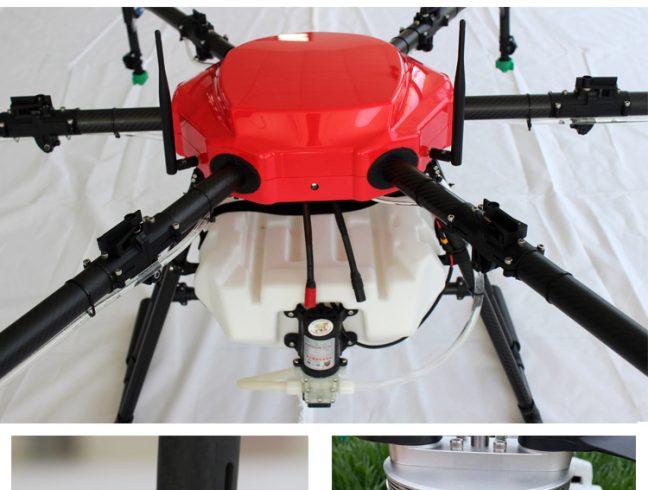

暂无评论内容